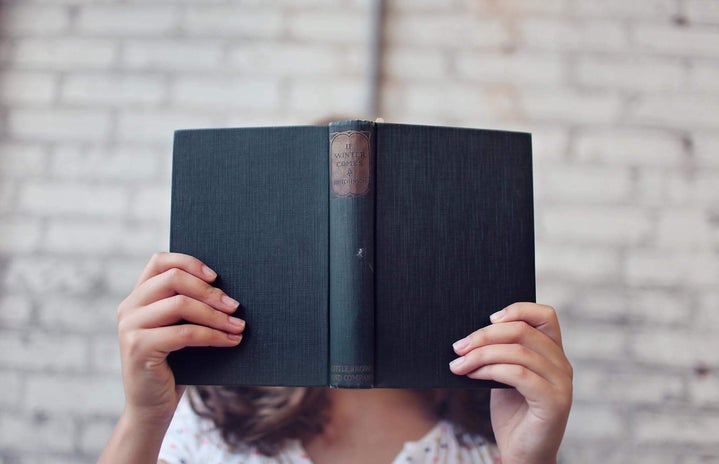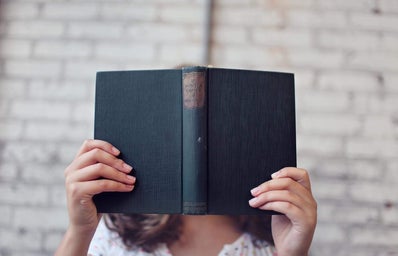Everything’s exaggerated or amplified to children; from the weight of an emotional encounter, to the number of items on a shelf. When a bookstore claims to carry a million books, as a child of barely ten years, you’re apt to believe it. Or at least I believed in Books-A-Million, which served as the biggest bookstore anywhere near me, and was thus my favorite place on Earth. I lived in a small town in Southeast Georgia from the ages of six to twelve, and I’d have to travel an hour long to Valdosta to find the store.
Six years later, at eighteen years old, I live pretty much next door to Boston University’s bookstore that’s now moving to the other side of campus in just a couple of days. For roughly a semester I’ve enjoyed its proximity and accessibility. I’ve lost hours in there, sometimes when I should have been working on something else. I’m going to be sorry to see it go, and I find it dejecting seeing everything at a reduced price, obviously outside of the moving sale. I feel as though people don’t value bookstores as much as they used to, or as much as they should. With the rise of both technology and use of services such as Amazon (which started out as a bookstore, and from which, “an estimated 74 percent of all e-books purchased in the U.S. were purchased… in 2015.”), it’s easy to neglect the existence of physical bookstores.
In 1931, there were only 500 legitimate bookstores in the US. Books were available mostly to the elite, despite the fact that 95 percent of adults were literate. Publishers just weren’t looking to appeal to them. Later, during the “Paperback Revolution,” reading became more popularized and mainstream as culture shifted. Today, we’re surrounded by e-books which grew out of the popularization of reading back in the 1900s. I value my Kindle immensely, and keep it close. It gives me a chance to read at any moment of the day. But a part of me doesn’t consider it as real reading, because I’m so adamant about valuing the physicality of reading an actual book with paper pages and a cover. Books provide a sensory experience, from the smell to the feeling of turning pages.
Bookstores are vital to our society’s culture, as places to not only buy books, but also somewhere to study and relax. It’s depressing to see them becoming increasingly desolate areas. I hope that Boston University will do the bookstore justice, even if it’s very far away from most of us, and will keep the physical written word alive.
Want to keep up with HCBU? Make sure to like us on Facebook, follow us on Instagram, check out our Pinterest board, and read our latest Tweets!



